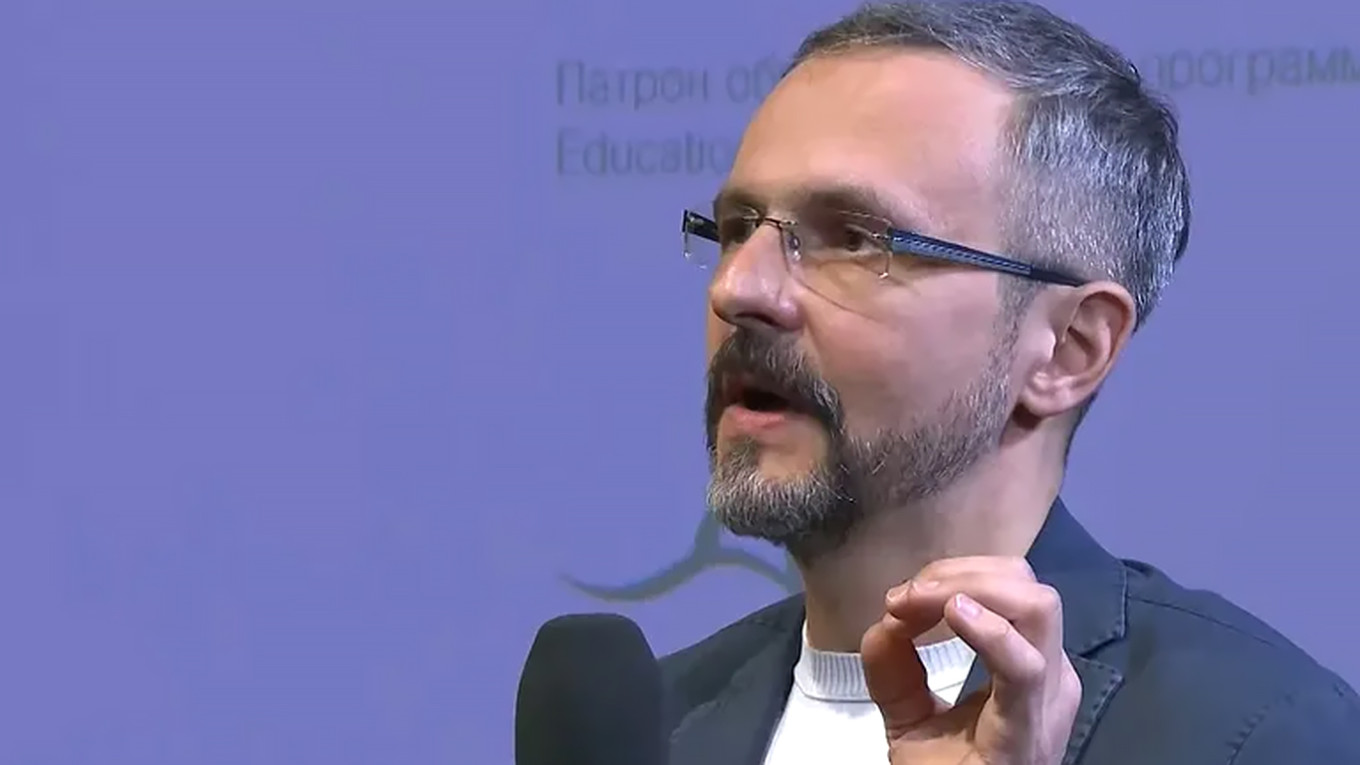An Estonian court on Tuesday sentenced Russian university professor Vyacheslav Morozov to six years and three months in prison on charges of spying against the Baltic country on behalf of Moscow.
Morozov, a political scientist and former professor at the University of Tartu, was “found guilty of activities against the Republic of Estonia in the interests and on behalf of a foreign intelligence service,” the national broadcaster ERR reported.
The court said Morozov gathered information about Estonian domestic and defense policy — as well as “people and infrastructure related to it” — which he was then said to have shared with Russian intelligence services.
Estonian authorities said the academic was recruited by Russian intelligence services while still a student in the 1990s. They also said the information he had gathered was “mostly public” and that he did not have access to state secrets.
Morozov was arrested on suspicion of spying by the Estonian Internal Security Service (ISS) in early January. He was fired from his teaching position at the University of Tartu following the launch of a criminal investigation against him.
At the time, ISS head Margo Palloson said the case against Morozov followed “a few dozen others and illustrates Russian intelligence agencies’ desire to infiltrate different walks of life in Estonia, including academia.”
Just prior to his arrest, Morozov shared on Facebook information about anti-war events organized by Russians living in Tallinn, as well as his own research about civil society and political repression in Russia.
Before he moved to Estonia in 2010 to teach, Morozov had worked at St. Petersburg State University for over a decade.
His prison sentence begins on the day of his arrest, Jan. 3.
A Message from The Moscow Times:
Dear readers,
We are facing unprecedented challenges. Russia's Prosecutor General's Office has designated The Moscow Times as an "undesirable" organization, criminalizing our work and putting our staff at risk of prosecution. This follows our earlier unjust labeling as a "foreign agent."
These actions are direct attempts to silence independent journalism in Russia. The authorities claim our work "discredits the decisions of the Russian leadership." We see things differently: we strive to provide accurate, unbiased reporting on Russia.
We, the journalists of The Moscow Times, refuse to be silenced. But to continue our work, we need your help.
Your support, no matter how small, makes a world of difference. If you can, please support us monthly starting from just $2. It's quick to set up, and every contribution makes a significant impact.
By supporting The Moscow Times, you're defending open, independent journalism in the face of repression. Thank you for standing with us.
Remind me later.






